I’m a big believer that all lacrosse goalies should play other sports.
There is a tremendous amount of benefit that comes with playing other sports including:
- Avoiding Burnout
- Staying physically fit
- Learning to quickly analyze different sports scenarios
So as we find ourselves in the off-season of lacrosse, hopefully you’re taking some time to enjoy other sports in addition to the creator’s game.
In high school, I actually didn’t play organized lacrosse.
My Dad played in the Army and we had lacrosse sticks in the garage that we occasionally threw around with. However, as a kid growing up in California in the late 80’s/early 90’s, there weren’t any organized leagues like there are today. Now my former high school has a team and a good one at that.
I was a three-sport athlete in high school with wrestling as my main sport. I won 3 North Bay League championships – sophomore year at 103, junior year at 112, and senior year at 130 (did I mention I wasn’t very big in high school?). Highest I placed in the North Coast Section tournament was a 5th place medal my senior year.
In doing interviews for my new goalie podcast, I’ve talked with a lot of current professional and college goalies who also shared a background of wrestling with me.
Charlie Cipriano, Blaze Riorden, Quint Kessenich, and many others – all of them wrestled before dedicating themselves to being a lacrosse goalie full time.
Which got me thinking – by playing other sports we’re gaining valuable skills that will help us in our goalie career, but what is it about wrestling in particular that helps individuals become great lacrosse goalies.
In this post, we’ll explore the connection between wrestling and lacrosse goalies.
Personal Accountability
On the wrestling mat, it’s you versus your opponent.
Sure, you’ve got the support of your team, but at the end of the day, wrestling is an individual sport. And if you fail, there’s nobody to blame but yourself.
When you win, it’s because of your efforts. No one else can take credit; no one else to assign blame.
I think this teaches the athlete a level of personal accountability that you just don’t get in team sports.
In many team sports, an out of shape athlete or one who’s slacking can hide amongst in the shadow of their teammates. Not so in wrestling. There are no shadows.
If you’re slacking, you will be exposed on the mat.
I think many young goalies look outward for blame when they experience failure. But when you are on the mat, there’s nobody to blame. You can’t blame your defense, you can’t blame your team, you can’t blame your coaches.
You win or lose on your own and while lacrosse is a team game those who wrestle understand a level of personal accountability that makes them great teammates because they understand they’re personally accountable for improving their own abilities.
When you wrestle, you can’t rely on anyone but yourself which teaches you a profound understanding of personal accountability.
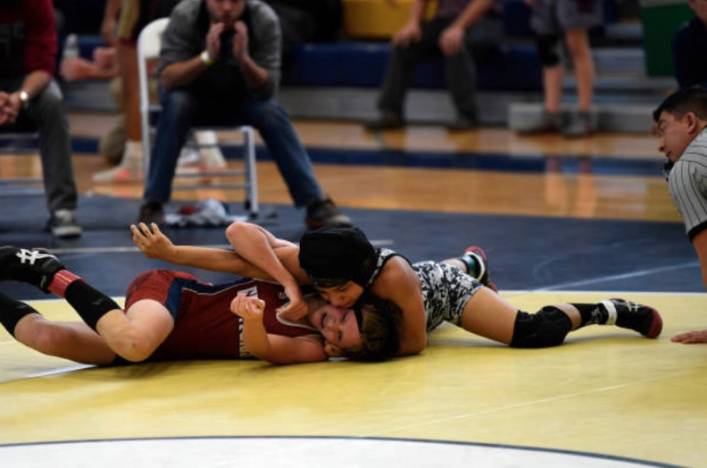
Mental Fortitude
Wrestling is a very tough sport.
The level of physical conditioning, the process of cutting weight (which is horrible and I wish it didn’t exist in the sport), and the grind of a full wrestling season – are all both physically and mentally tough.
As a result, wrestlers learn to be both physically and mentally strong.
It takes a tremendous amount of toughness to pick yourself up off of the mat when you’re losing, and it takes incredible will power to lose that last pound before a weigh-in.
You’ll never be able to name a successful wrestler with a weak mind because, well, there isn’t one.
Humility
One-on-one sports really teach humility better than team sports.
As a wrestler, you will lose. There’s always going to be someone better than you. Even legendary wrestler Dan Gable eventually lost a match.
Winning and losing in a 1-on-1 setting brings humility. There’s nothing that teaches humility better than getting pinned by your opponent in wrestling.
You literally and figuratively have to pick yourself up off the mat and get back to work.
Wrestlers learn throughout their career that getting knocked down is just part of the process and the best get encouraged to work even harder and to improve.
Fitness and Explosion
Lacrosse goalies all the time ask me – “How do I become more explosive to the ball?”.
To me, the answer is simple. Get in amazing physical shape.
The level of physical fitness that is required in wrestling is unlike any sport I’ve ever participated in.
While the matches last just 6 minutes (and perhaps an overtime), that’s 6 minutes of full-body flexing. Constant pushing and pulling that work the entire body with strength and cardiovascular exercises.
Soccer, basketball, baseball, tennis, lacrosse – nothing required the physical conditioning of wrestling.
Wrestling also requires a tremendous amount of core strength for balance and short explosive movements when trying to score a takedown on your opponent.
Finally, as if wrestling’s physical benefits were not enough, you need great flexibility. Any good wrestlers worth his weight in salt spends a good time amount of time working on flexibility as the ability to bend a leg on the mat not only helps avoid injury but can also help you score points or avoid a pin.
The more professional goalies I interview for the podcast the more I realize lacrosse goalie flexibility is a key to success.
Wrestling is non-stop action and to be a championship wrestler you need to be in tremendous physical shape.
The more a person wrestles, the more they develop both functional strength and cardiovascular endurance that translate very nicely into being an explosive goalie.
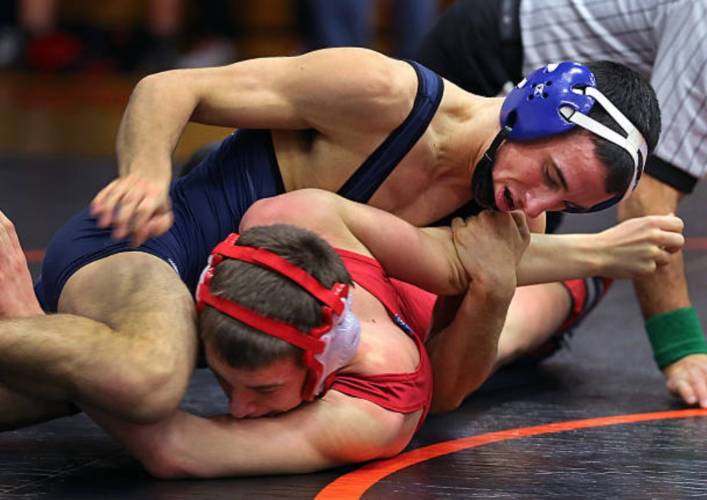
Discipline
To be successful in wrestling you have to develop discipline.
During the wrestling season, I got up nearly every day before school to run 4 miles.
While my friends stuffed their faces with cookies and candy at lunch, I maintained a strict diet.
Instead of partying on the weekends, I sacrificed a social life in order to train and compete.
Wrestling requires tremendous discipline.
Properly training your body for competition is a full-time job. You have to develop and stick to a routine. If you are undisciplined in any of your efforts, it can be disastrous further down the road when you show up to a competition untrained or unprepared.
You have to do the work every day.
If I didn’t wrestle in high school, I don’t think I would have made it through Divison I college lacrosse. Just in terms of work ethic and the demand that it takes. So that’s what I got from wrestling. – Charlie Cipriano, starting goalie Charlotte Hounds, Lax Goalie Rat Podcast Episode 5
One of the most beneficial lessons a wrestler will learn is that this sport requires an insane work ethic. Wrestling is a lifestyle.
Sometimes the things you have to do to reach your goals are not fun. Sometimes you have to sacrifice for the things that are important to you.
There’s a lesson in there for lacrosse goalies.
Competitiveness
Really every sport teaches its athletes to be competitive.
However, wrestling is different because your team essentially becomes your opponent. In order to stay on the team or earn a varsity spot, you must survive the practices. You must beat your opponents.
In order to compete for the team, you’ll need to beat everyone on your team who is in your weight class.
To win in competition, you need to train harder than your opponent. You need to want it more.
As I was going for a 3rd league title I pictured my opponent from a rival high school that I knew I’d meet in the finals. I knew he was training and I had to outwork him.
That drives a level of competitiveness that serves a lacrosse goalie, and really any athlete, very well.
Conclusion
Wrestling isn’t for everyone but athletes that choose to participate will be rewarded with qualities that will remain with them throughout their life.
Many of the attributes gained by wrestling are also found in other sports so I fully encourage lacrosse goalies to pursue other sports when not in season.
To be clear, the process of cutting weight is horrible and something I wished didn’t exist in the sport. It’s for this reason, I’ll probably encourage my own kids to pursue other sports.
But I learned some very important skills in my 4 years of high school wrestling. And those skills helped me transition into the position of lacrosse goalie.
They also helped me in life.
Until next time! Coach Damon
Anyone else wrestle? What other skills have your non-lacrosse sports taught you that you used in goal? Would love to hear about it in the comments.
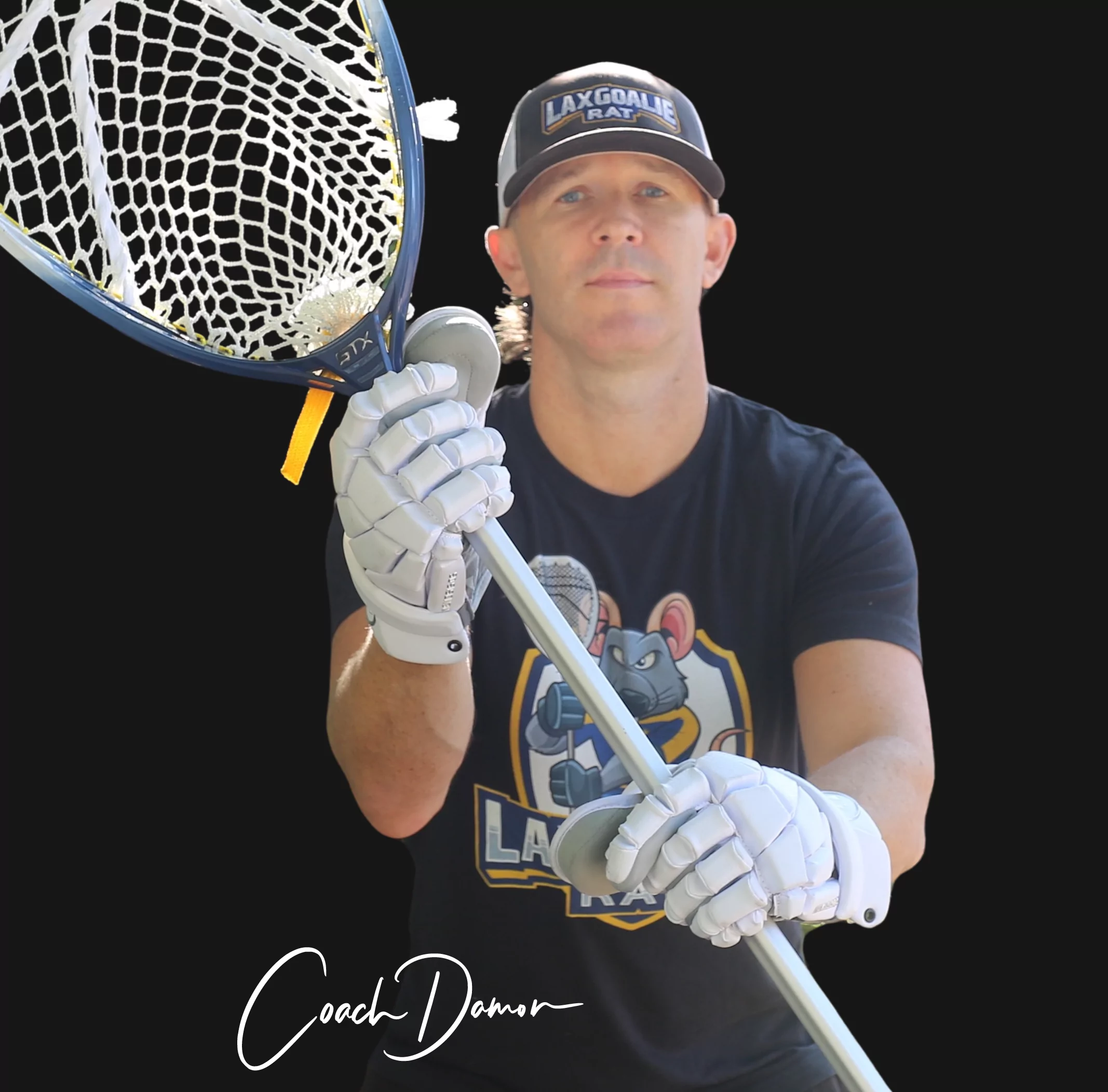







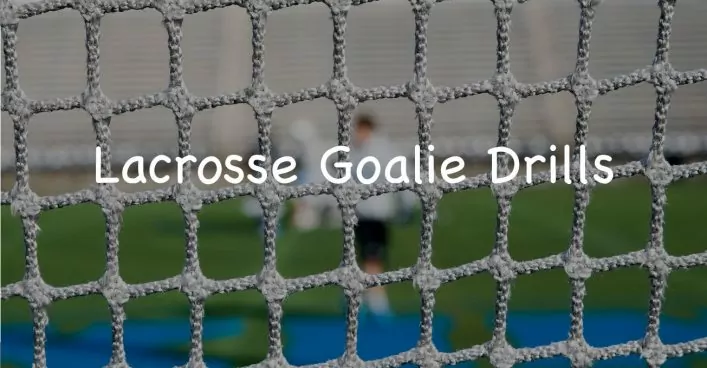 14 Amazing Lacrosse Goalie DrillsAug. 1, 2024
14 Amazing Lacrosse Goalie DrillsAug. 1, 2024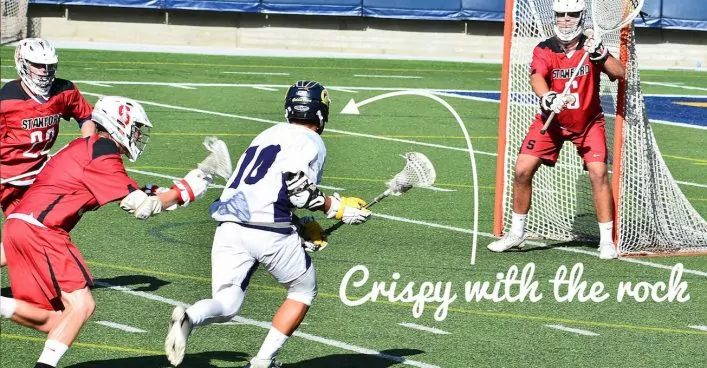 Quick Guide To Lacrosse Slang TermsApril 14, 2025
Quick Guide To Lacrosse Slang TermsApril 14, 2025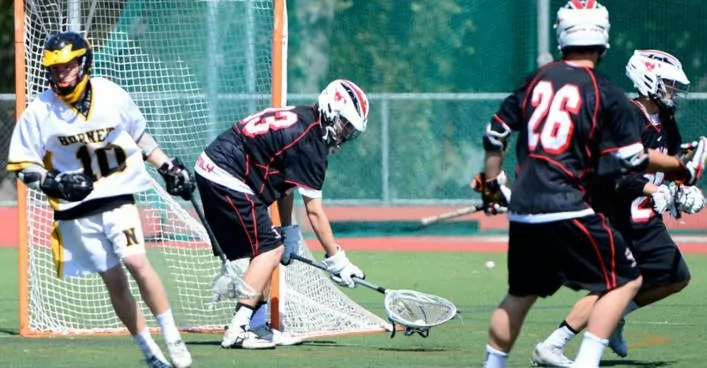 Lacrosse Goalies Rules To KnowJune 28, 2022
Lacrosse Goalies Rules To KnowJune 28, 2022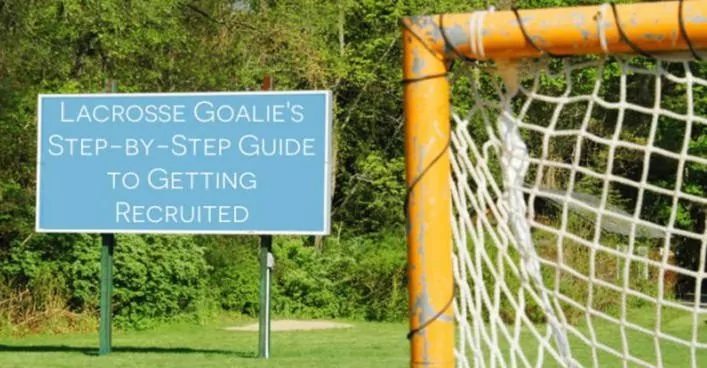 Lacrosse Goalie Step-by-Step Guide to Getting RecruitedFebruary 6, 2022
Lacrosse Goalie Step-by-Step Guide to Getting RecruitedFebruary 6, 2022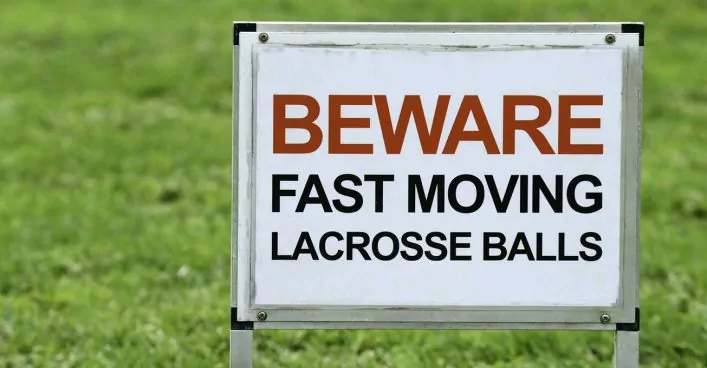 18 Lacrosse Goalie Drills to Improve Your GameApril 24, 2025
18 Lacrosse Goalie Drills to Improve Your GameApril 24, 2025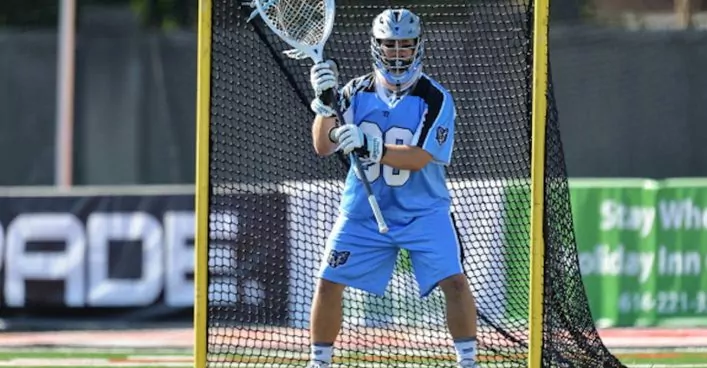 7 Elements of a Great Lacrosse Goalie StanceAug. 1, 2020
7 Elements of a Great Lacrosse Goalie StanceAug. 1, 2020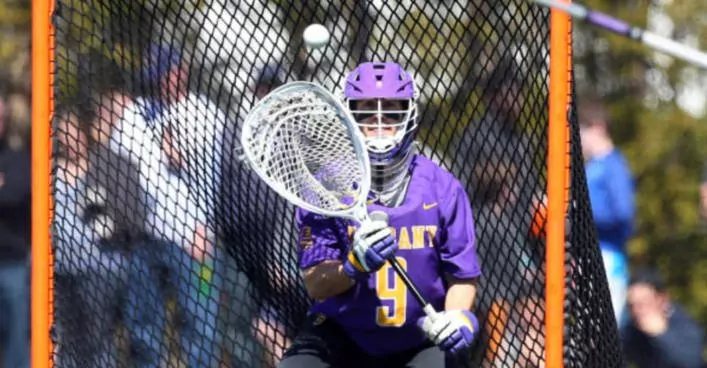 12 Lacrosse Goalie Tips To Take Your Game to the Next LevelSeptember 10, 2024
12 Lacrosse Goalie Tips To Take Your Game to the Next LevelSeptember 10, 2024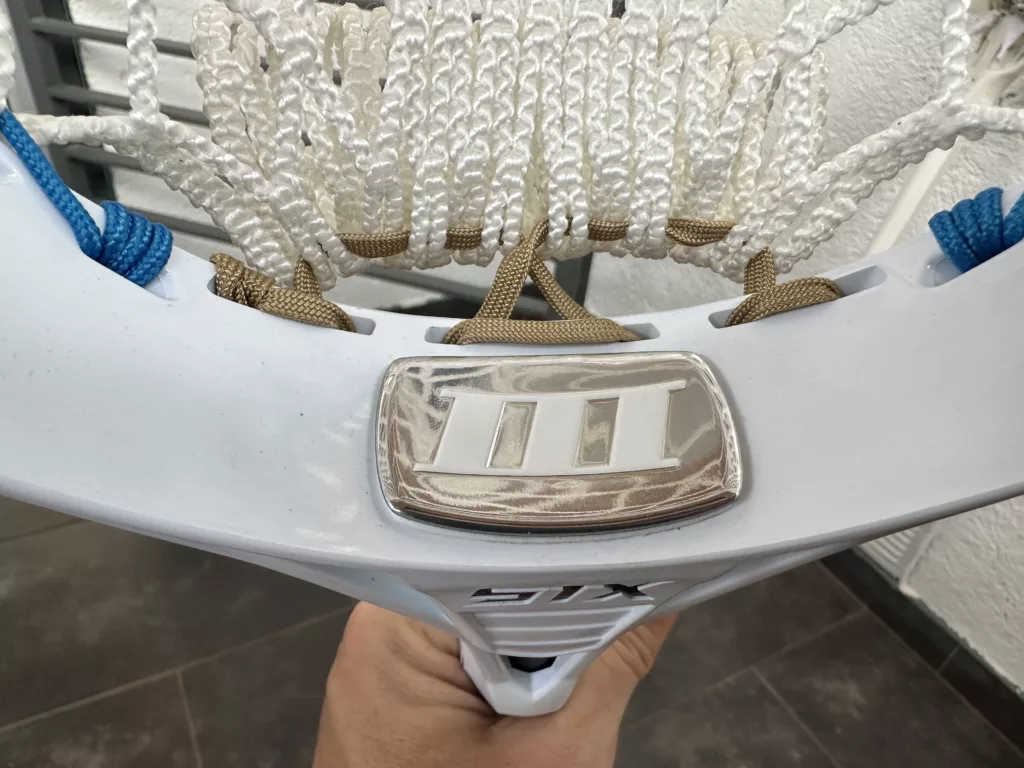 STX Eclipse 3 Goalie Head ReviewApril 24, 2025
STX Eclipse 3 Goalie Head ReviewApril 24, 2025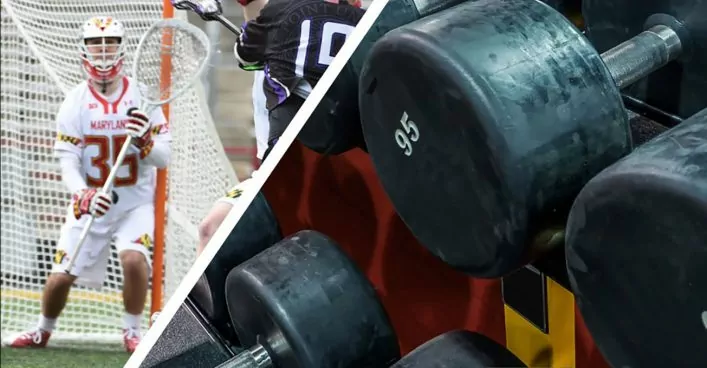 Lacrosse Goalie WorkoutAug. 12, 2019
Lacrosse Goalie WorkoutAug. 12, 2019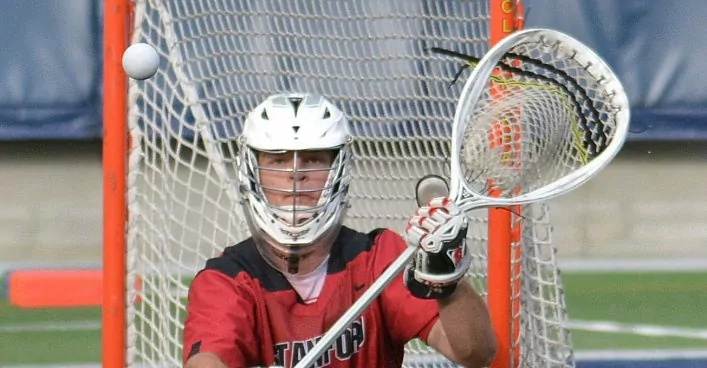 The Basics of Making a SaveJune 29, 2021
The Basics of Making a SaveJune 29, 2021


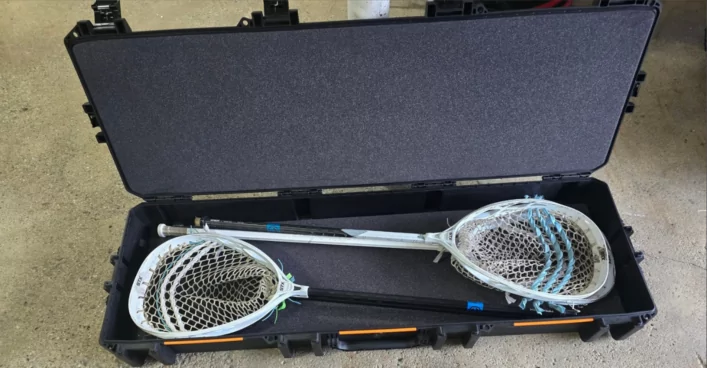
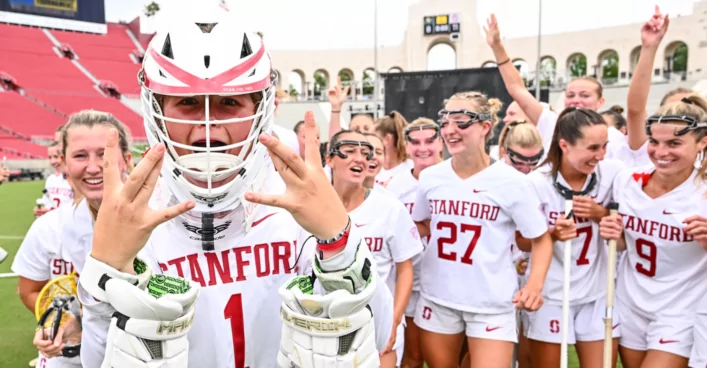
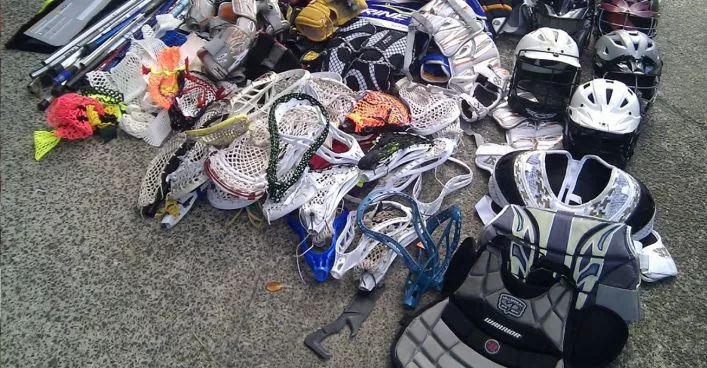

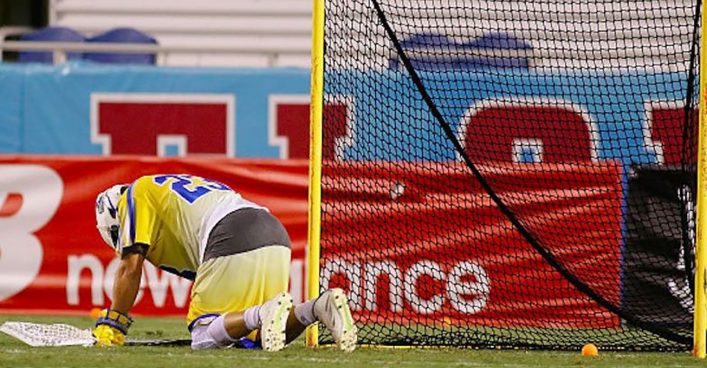
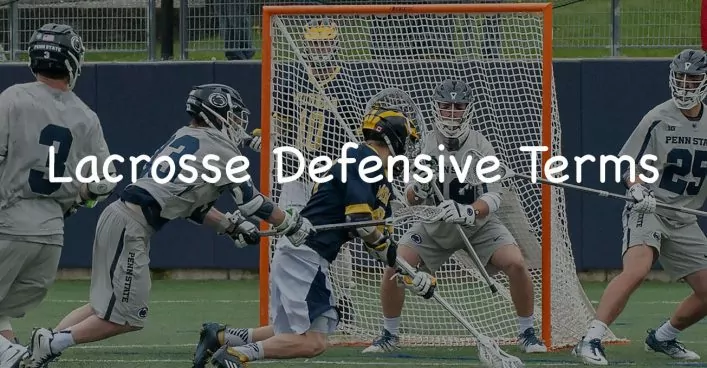
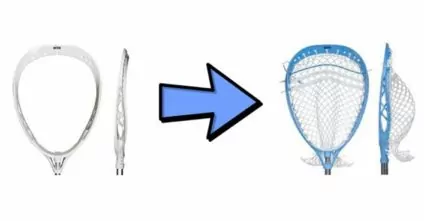
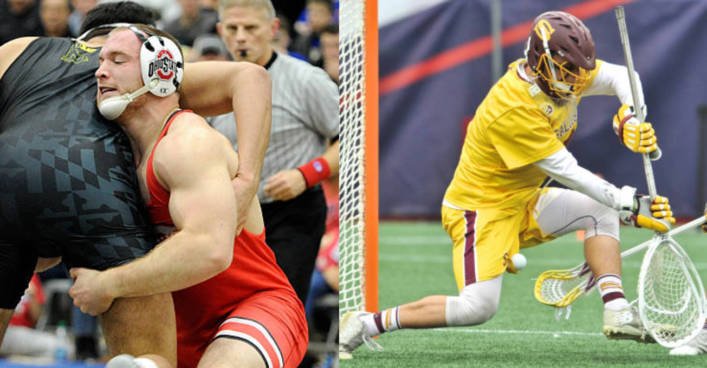






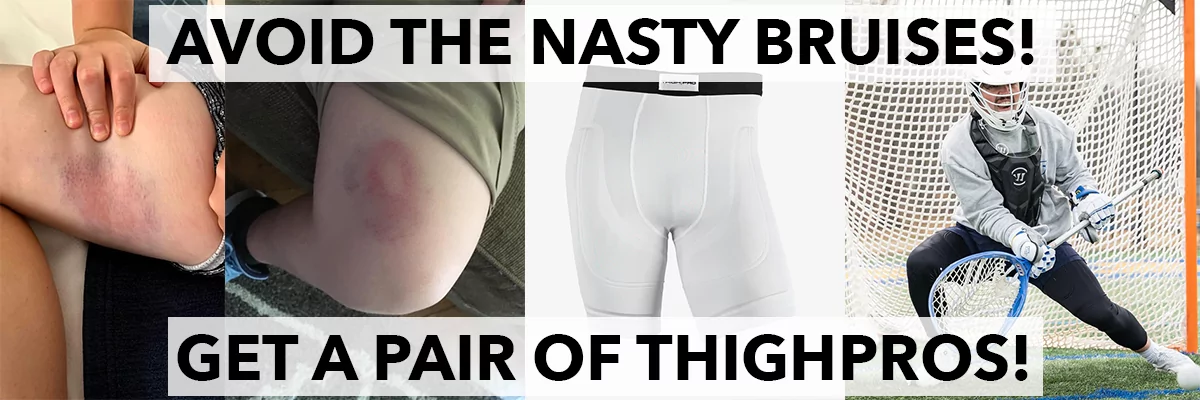

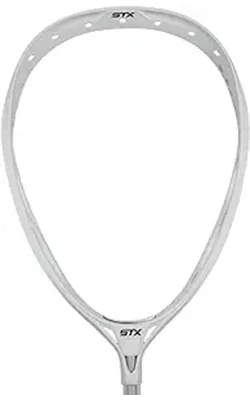

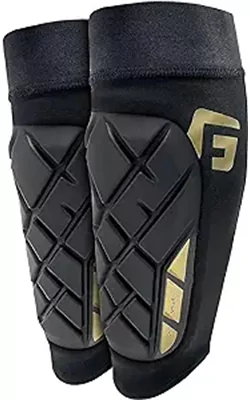
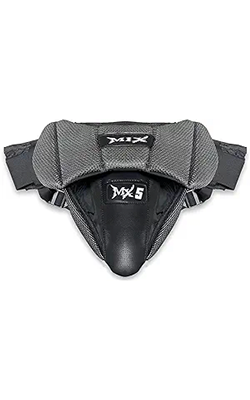

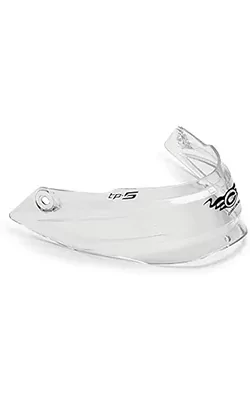
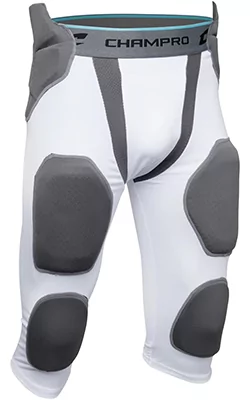

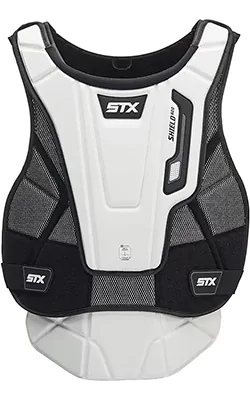

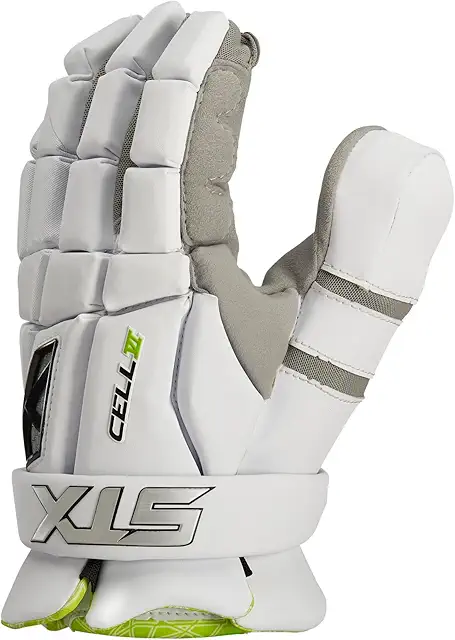
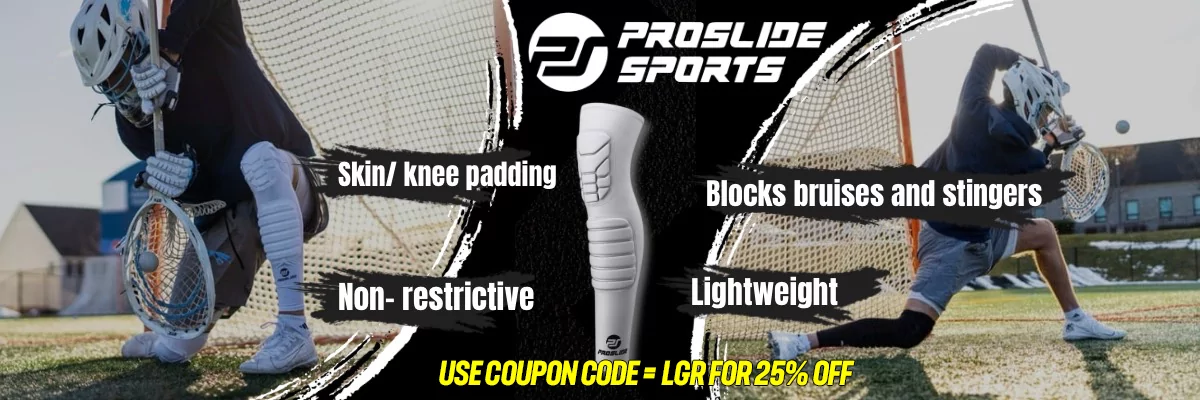




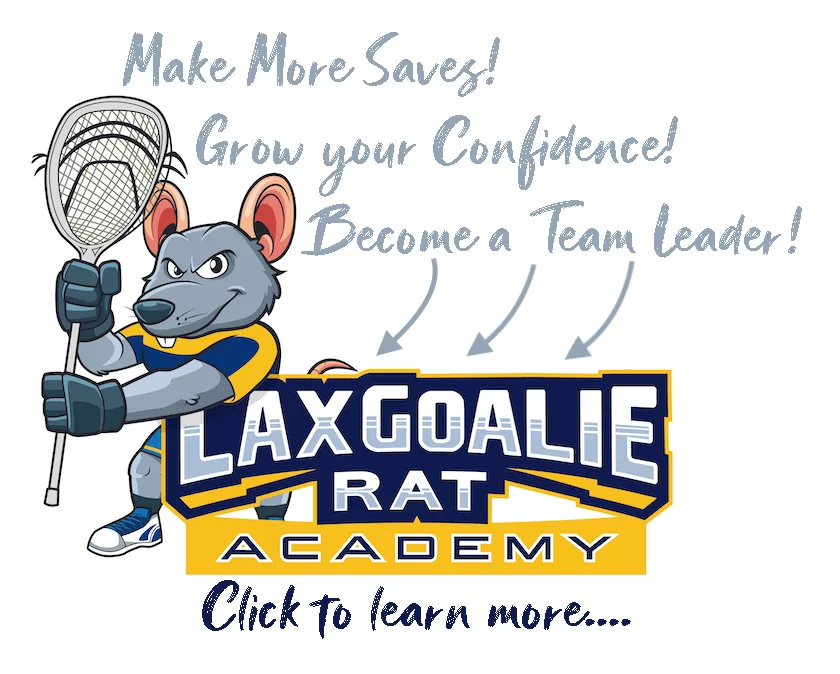
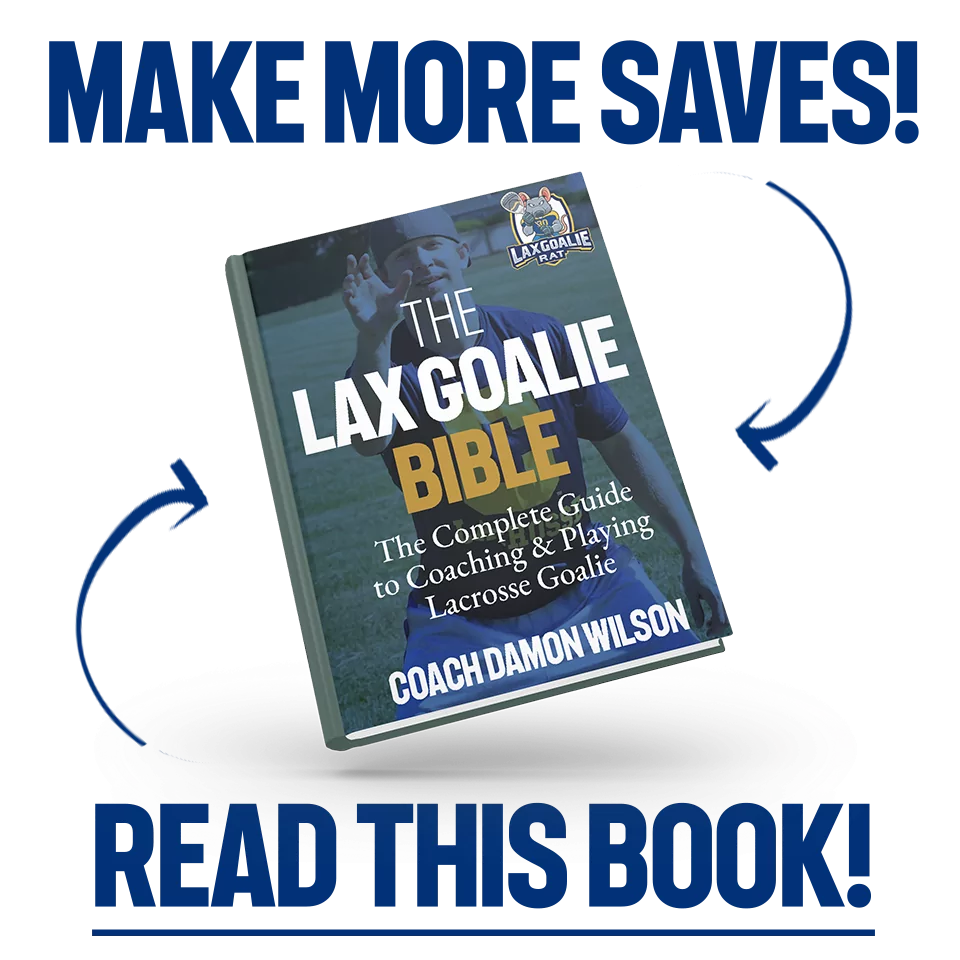
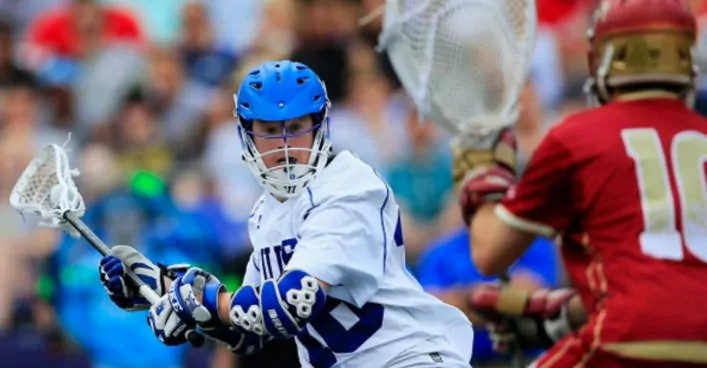
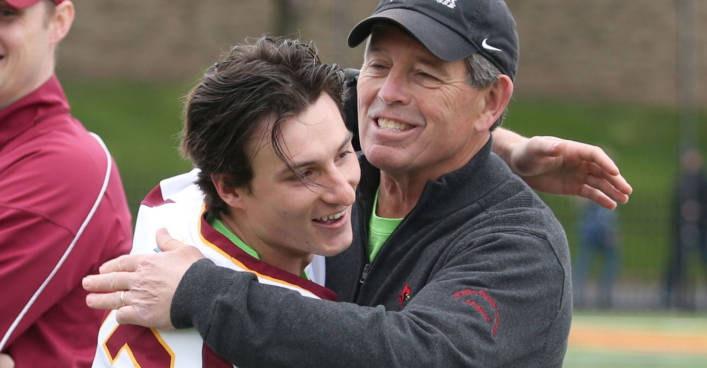
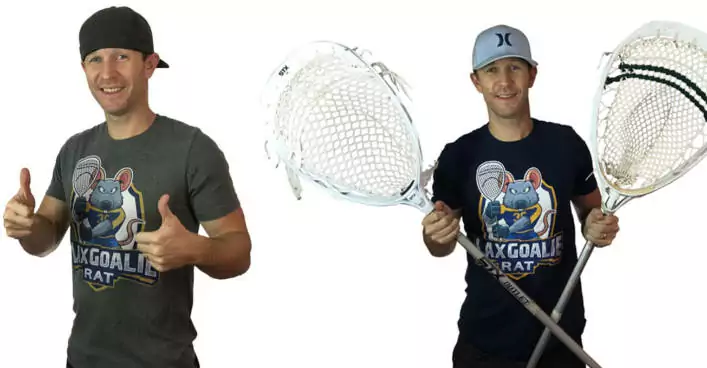
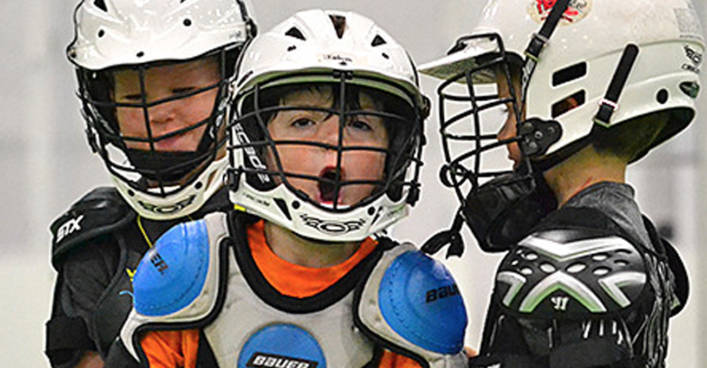
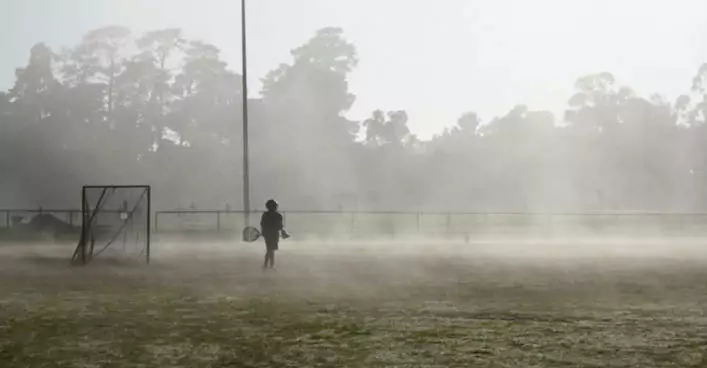
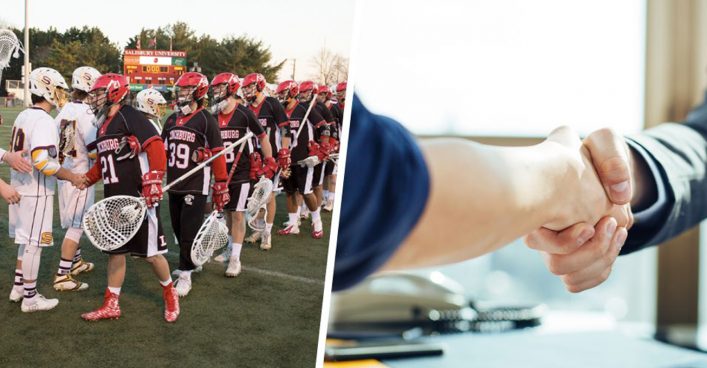




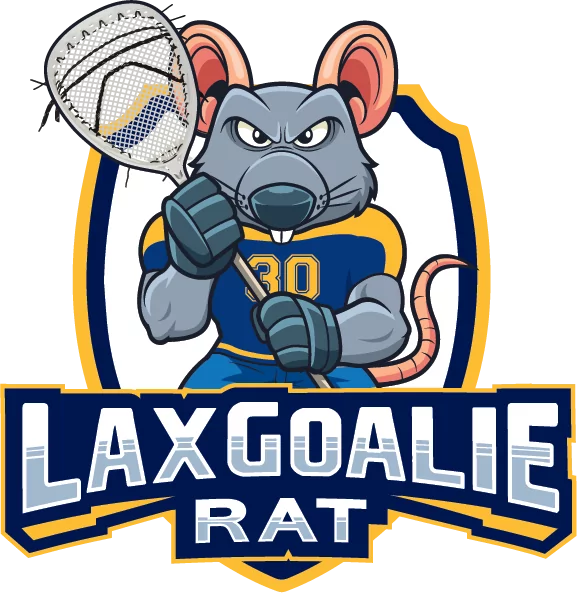




In the article you metioned accountability, I always blame myself for letting in goals. One time I had to have my teammate grab the ball because I was so frustrated. But the same teammate is like a thearipist, he helps me in those situations. But he’s also gone sometimes, by gone I mean of the field. I want help not getting so mad and wanting throw something at the wall.
I was referring to accountability in terms of training. Holding yourself accountable for putting in the work to get better. Controlling anger is a deep topic that’s probably best served for a full post. A little anger is ok, it shows you’re competitive but you’ve got to know where the line between constructive/destructive anger is and make sure you don’t cross it. I’ll put this topic on my list of posts for the future.
Thank you,
I thought you meant when goals are being scored, recently since I don’t have a lot of homework I usually put an hour of wallball and other training
My 12 year old son is a 6th year wrestler and just ended his first season LAX goalie for a club team here in NC and I have spent all season relating his goalie movements on the crease to wrestling stance and motion, and facing shots to hands head defense on a takedown attempt by his opponents. Love the article and both sports. Keep up the good work!
It’s true there’s a lot of similarity in the movements of a stick side low / off stick low save and a single leg shot. Thanks Wes, glad you like this article!